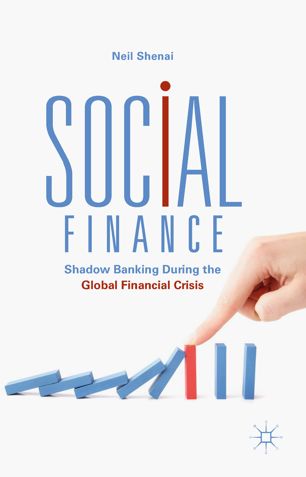

Most ebook files are in PDF format, so you can easily read them using various software such as Foxit Reader or directly on the Google Chrome browser.
Some ebook files are released by publishers in other formats such as .awz, .mobi, .epub, .fb2, etc. You may need to install specific software to read these formats on mobile/PC, such as Calibre.
Please read the tutorial at this link: https://ebookbell.com/faq
We offer FREE conversion to the popular formats you request; however, this may take some time. Therefore, right after payment, please email us, and we will try to provide the service as quickly as possible.
For some exceptional file formats or broken links (if any), please refrain from opening any disputes. Instead, email us first, and we will try to assist within a maximum of 6 hours.
EbookBell Team

4.0
96 reviewsThis book presents a new, inter-disciplinary framework of financial instability that builds on the Post-Keynesian model of financial crises in the tradition of Hyman Minsky and Charles Kindleberger. It reincorporates John Maynard Keynes’ insights on economic conventions to explain how market participants construct stable (but fragile) markets and why financial crises tend to take us by surprise. It borrows from scholarship on crises in international relations theory to examine how defied expectations can trigger panics in fragile financial systems. And it draws on perspectives from international political economy to show how elites’ foundational economic beliefs drive their responses to crises and how the effectiveness of their interventions depends on their credibility with the marketplace. The results of interviews with some of the world’s leading investors in Los Angeles, London, New York, and Toronto illustrate the utility of this new paradigm via a case study of shadow banking during the global financial crisis. A close examination of primary and secondary sources and quantitative evidence complement these first-hand accounts. All told, this book’s model offers a viable heuristic device for thinking about financial instability, which will be relevant to academics, policy makers, portfolio managers, and students.